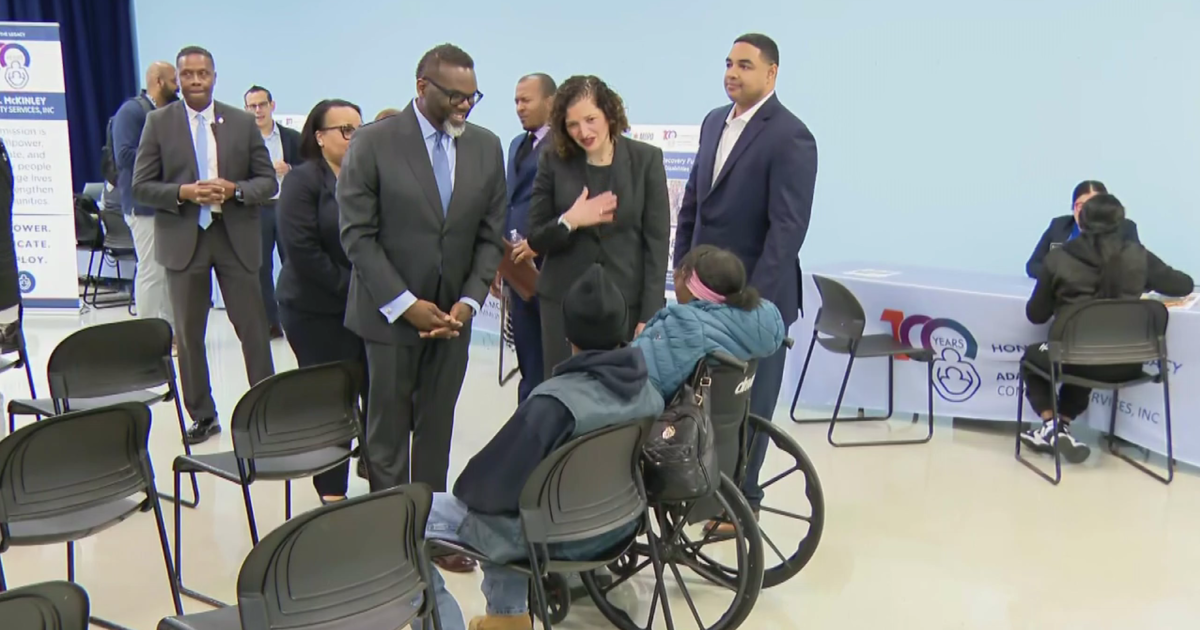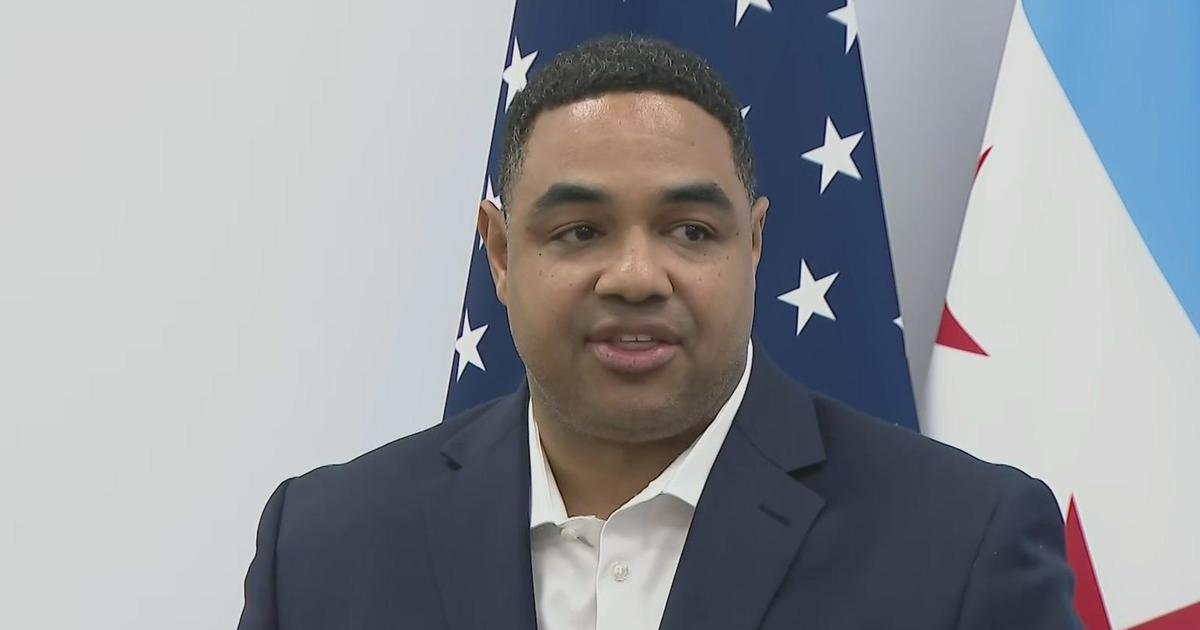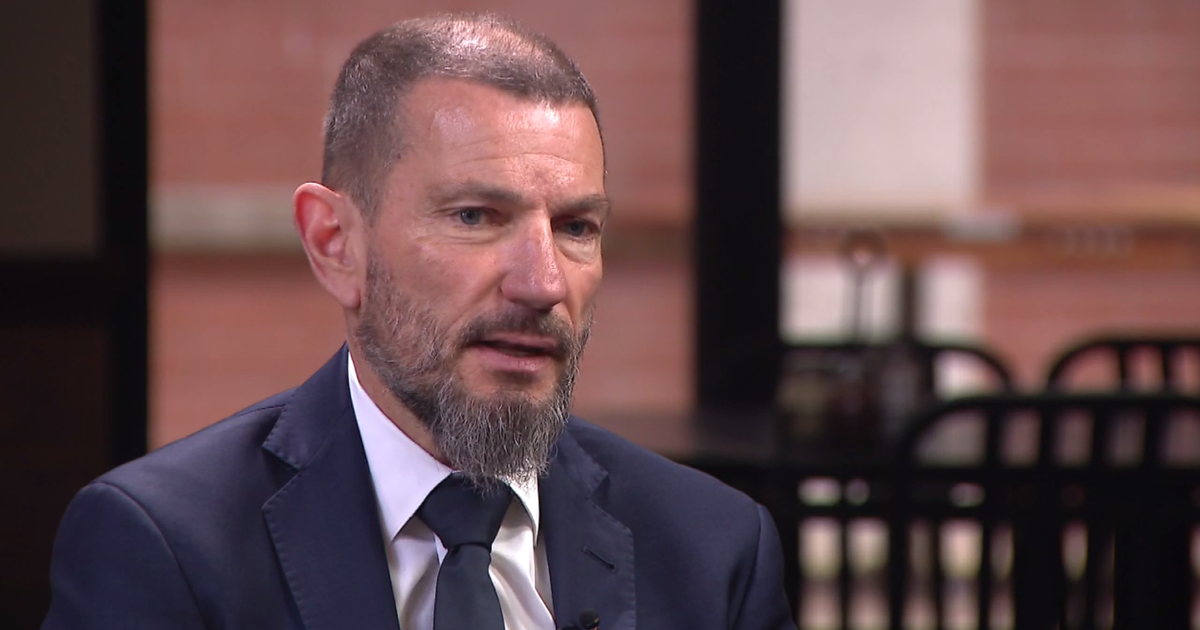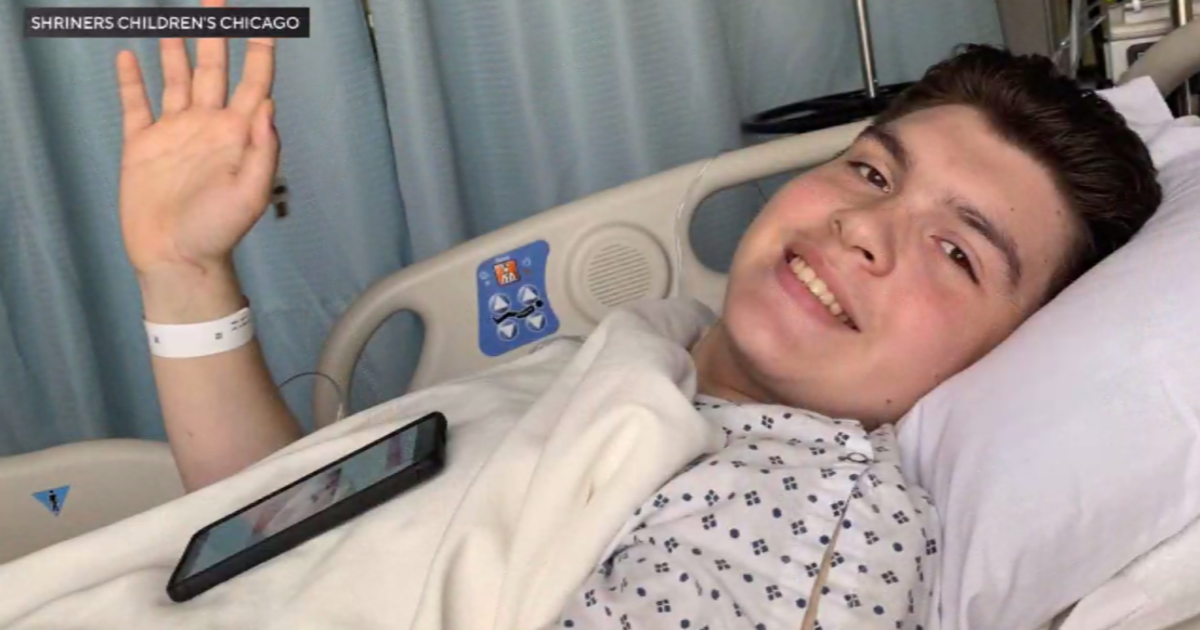Mayor Lori Lightfoot Announces $733 Million City Budget Shortfall For 2022
CHICAGO (CBS) -- Citing "the lasting and continuing impacts that the COVID-19 pandemic," Mayor Lori Lightfoot on Wednesday announced the city is facing a $733 million budget shortfall in 2022, a significant budget gap, while still "significantly reduced" from the record $1.2 billion shortfall the city faced one year ago.
"While we still have hard work ahead of us in order to close this gap, this figure is a great indication that our city is fiscally bouncing back from this crisis," Lightfoot said in a statement. "Whereas last year we were faced with a $1.2 billion 'Pandemic Budget,' this year we have shifted to a 'Recovery Budget' that not only reflects the challenges we have been presented with, but the number of resources we've brought to bear to address them."
During a speech at the Chicago Cultural Center, Lightfoot said she hopes to be able to eliminate the budget deficit without a property tax hike. However, the mayor's 2021 budget plan approved by the City Council last year includes annual property tax increases tied to the consumer price index.
The mayor's office expects to eliminate the budget shortfall by refinancing outstanding debt, tapping into the $1.9 billion in federal stimulus funding coming to the city from the latest COVID-19 relief plan, "and as always, looking to create governmental efficiencies."
The mayor said she is not yet prepared to detail how the city plans to spend the $1.9 billion in American Rescue Plan funds coming to Chicago, saying she will do so when she presents her 2022 spending plan to the City Council next month.
"This is a once-in-a-generation amount of money for once-in-a-generation crisis, meaning we aren't going to see money like this ever again. We have one time to use it, and get it right, and I'm determined that we do just that. To spend every money of these ARP funds without any regard to the long-term fiscal consequences would be utterly irresponsible, ineffective, and leave us with nothing to support ourselves if God forbid another crisis strikes our city," she said.
Earlier this year, the mayor's budget team said they will recommend using about half of those federal relief funds to pay off high-interest debt the city used to balance the 2020 and 2021 budgets.
However, the initial Treasury Department rules for the relief funds stated cities and states could not use the money to use the funds to pay off outstanding debt. Chicago officials have been talking to Treasury officials about allowing the city to use relief funds to pay off debt.
"We've had very robust discussions with them, obviously we participated in comment around draft treasury guidance. We feel very confident we understand what parameters are, and we'll abide by Treasury guidance," Lightfoot said.
Rather than seeking to use half of the federal relief funds to pay off outstanding debt, Lightfoot now plans to use $782 million to cover pandemic-related costs for city services, and to make up for revenue lost during the pandemic, while freeing up corporate fund dollars to pay off debt.
Meantime, a group of aldermen is pushing an ordinance that would require the city to spend that money on social service programs, such as assistance with water bills and rent, expanding access to child care, and expanding mental health services.
Lightfoot said the city must both address its current structural financial issues, and the response to the COVID-19 pandemic and its impact on the economy.
The mayor's office said, since last year, the city has used $800 million in federal coronavirus relief funds to support small businesses; provide rental and mortgage assistance; fund food assistance, broadband access, mental health services, and homelessness support programs; and cover the salaries of first responders.
The mayor's office plans to use $37 million in remaining federal relief funds from last year to "create a bridge towards the investments" the city will make with the $1.9 billion of incoming funds from the American Rescue Plan.
That will include $14 million for youth prevention programming, $9 million for neighborhood recovery initiatives, and $14 million for childcare assistance.
In addition, Lightfoot said she expects the Chicago Police Department Budget will increase, in an effort to recruit more officers, particularly in Black and Brown communities.
"No question, we haver to. We have to make sure that we are continuing to provide resources to recruit the next generation of police officers, and in particular make sure that we're doing that recruitment in a way that reflects the diversity of our city," she said.
The mayor said she expects CPD will propose a permanent team of officers to go across the country to recruit new officers as part of the department's 2022 budget plan.
Lightfoot said the department also needs to do more to increase resources devoted to mental health and wellness of officers, pointing to the recent murder of Officer Ella French, and its impact on officer morale.
"I've seen some preliminary ideas from the superintendent and his team, and we need to flesh those out, but I think overall I will present a budget to the City Council that increases resources – targeted and strategic – for the Police Department, because those needs are absolutely there," she said.
Lightfoot is expected to present her 2022 spending plan to the City Council in September, one month earlier than usual.



